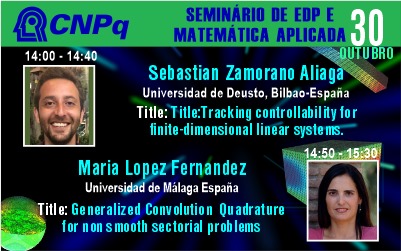Seminar in EDP and Applied Mathematics
october 30, 2024 – 14h (Brazil)
Streaming: Youtube Channel | SEMINARIO DE EDP E MATEMATICA APLICADA
Event
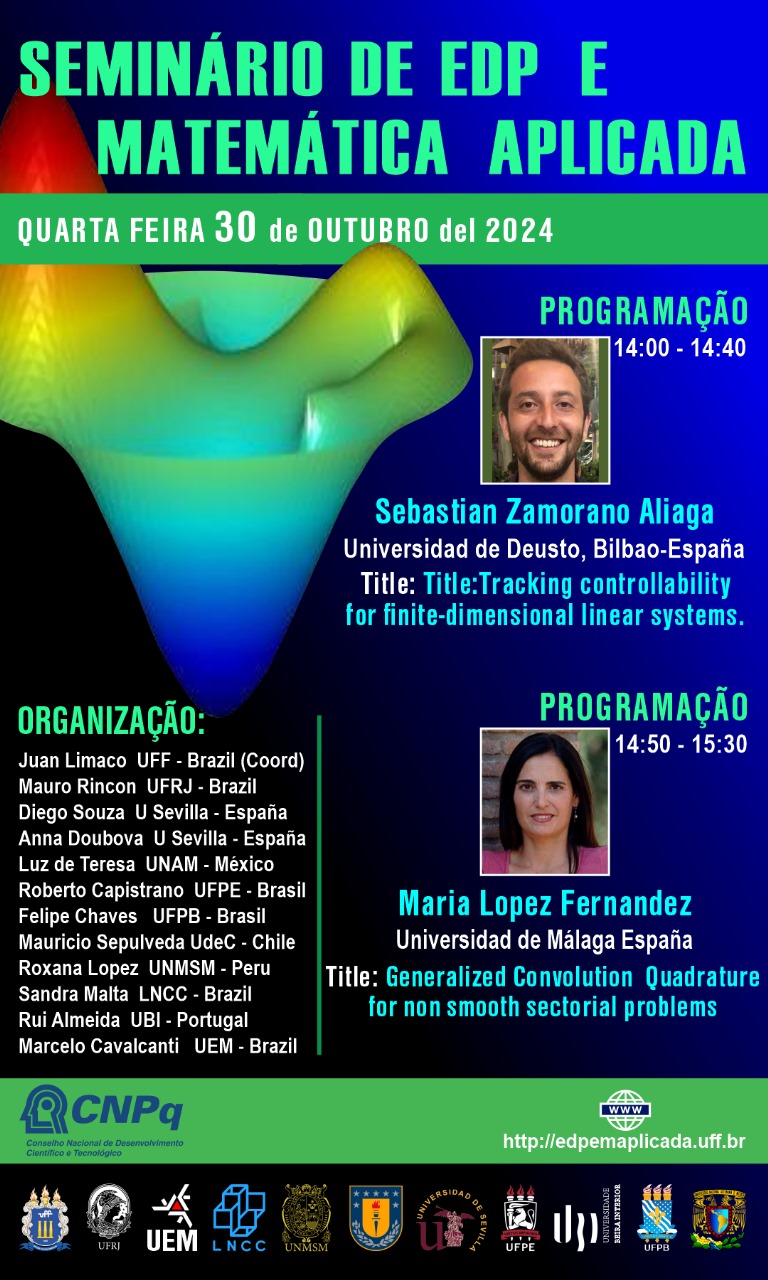
About Seminars
Our Online Seminar is one of the most important events in Brazil, it has been held since August 2020, every Wednesday at 2 pm, Brasília time, with a frequency of 14 days. Two 40-minute lectures are presented in each session. Our speakers are world-renowned mathematicians from Europe, the United States and South America.
Featured Talks & Speakers
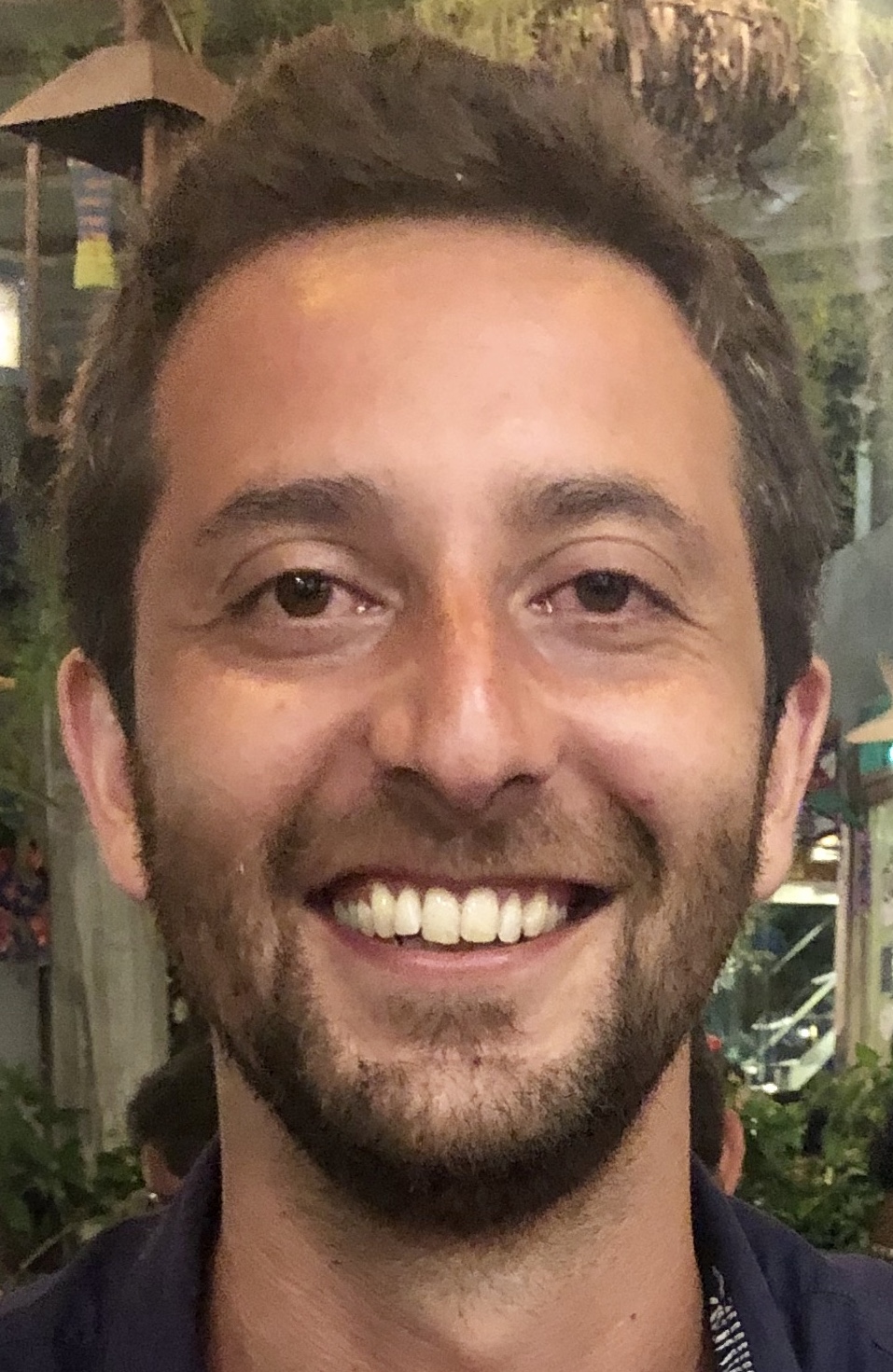
Sebastian Zamorano Aliaga
Universidad de Deusto, Bilbao-España.
14:00h – 14:40h
Tracking controllability for finite-dimensional linear systems.

Maria Lopez Fernandez
Universidad de Málaga España
14:50h – 15:30h
Generalized Convolution Quadrature for non smooth sectorial problems
We consider the application of the generalized Convolution Quadrature (gCQ) to approximate the solution of an important class of sectorial problems. The gCQ is a generalization of Lubich’s Convolution Quadrature (CQ) that allows for variable steps. The available stability and convergence theory for the gCQ requires non realistic regularity assumptions on the data, which do not hold in many applications of interest, such as the approximation of subdiffusion equations. It is well known that for non smooth enough data the original CQ, with uniform steps, presents an order reduction close to the singularity. We generalize the analysis of the gCQ to data satisfying realistic regularity assumptions and provide sufficient conditions for stability and convergence on arbitrary sequences of time points. We consider the particular case of graded meshes and show how to choose them optimally, according to the behaviour of the data. An important advantage of the gCQ method is that it allows for a fast and memory reduced implementation. We describe how the fast and oblivious gCQ can be implemented and illustrate our theoretical results with several numerical experiments.
About Organization
Juan Limaco -UFF-Coordenador
Mauro Rincon – UFRJ – Brazil
Anna Doubova-U.Sevilla-Spain
Luz de Teresa-UNAM Mexico
Diego Souza – U Sevilla -Spain
Felipe Chaves-UFPB-Brazil
Roberto Capistrano – UFPE Brazil
Sandra Malta – LNCC – Brazil
Marcelo Cavalcanti – UEM – Brazil;
Rui Almeida – UBI – Portugal
Roxana Lopez – UNMSM – Peru;
Mauricio Sepulveda – UdeC -Chile;
Our Partners
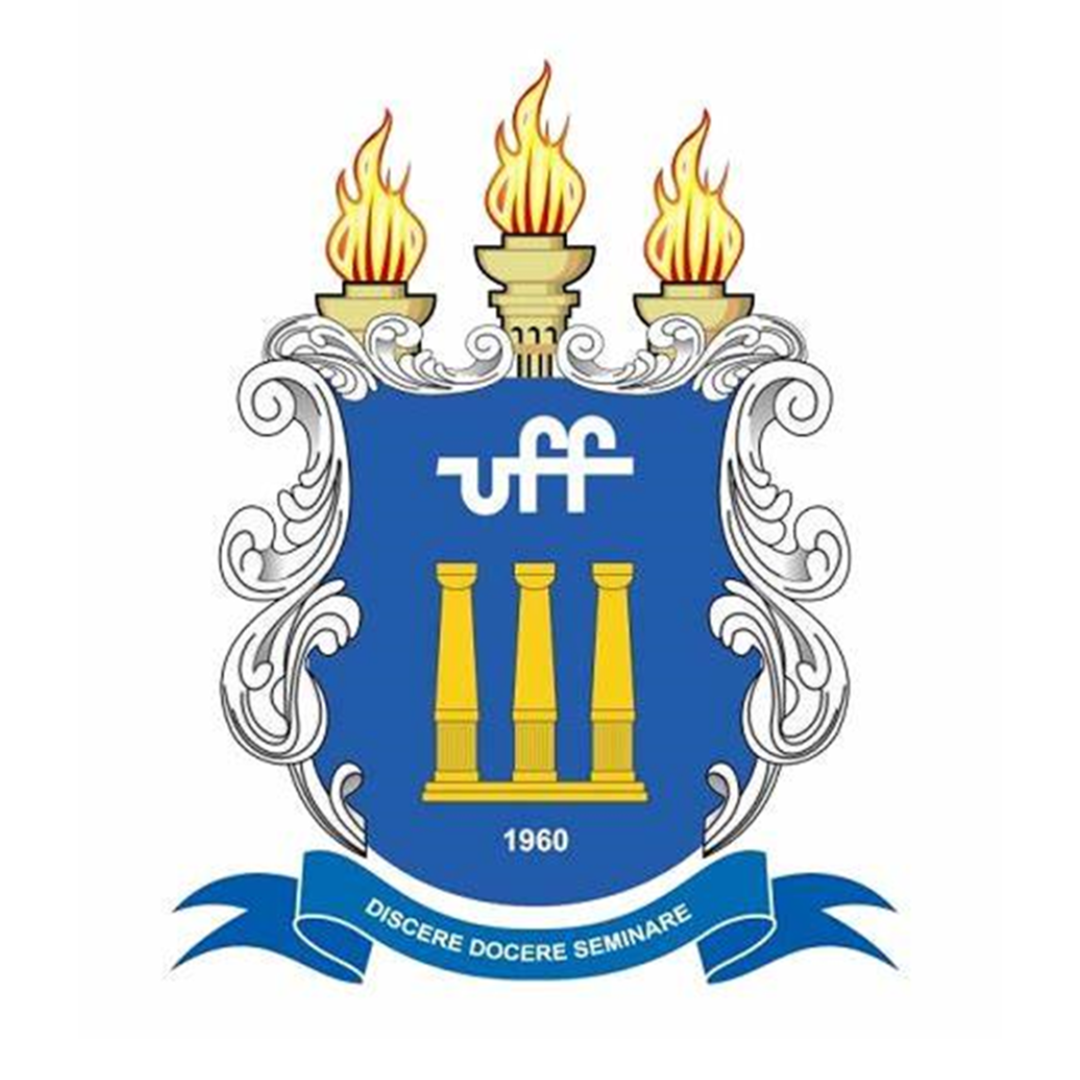

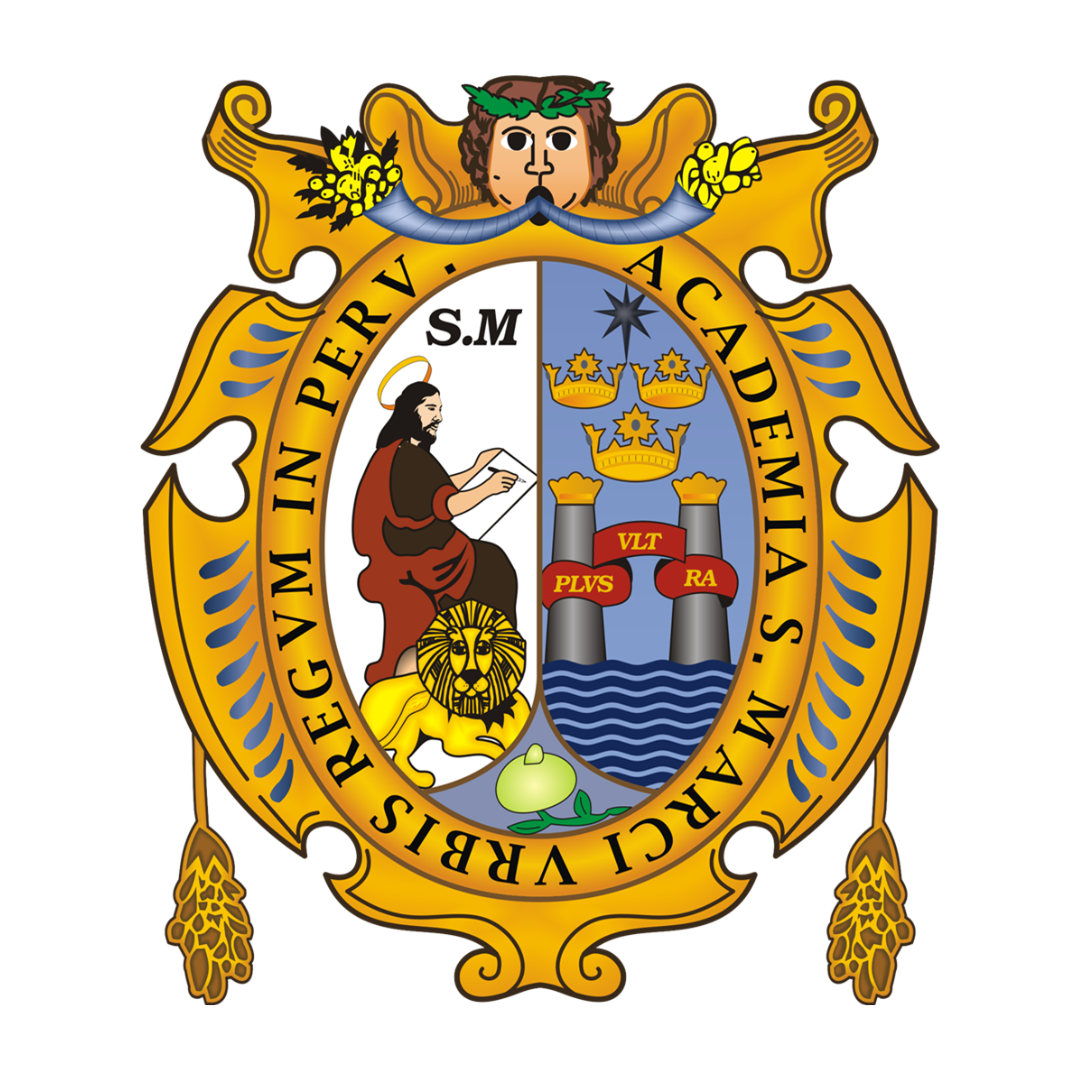

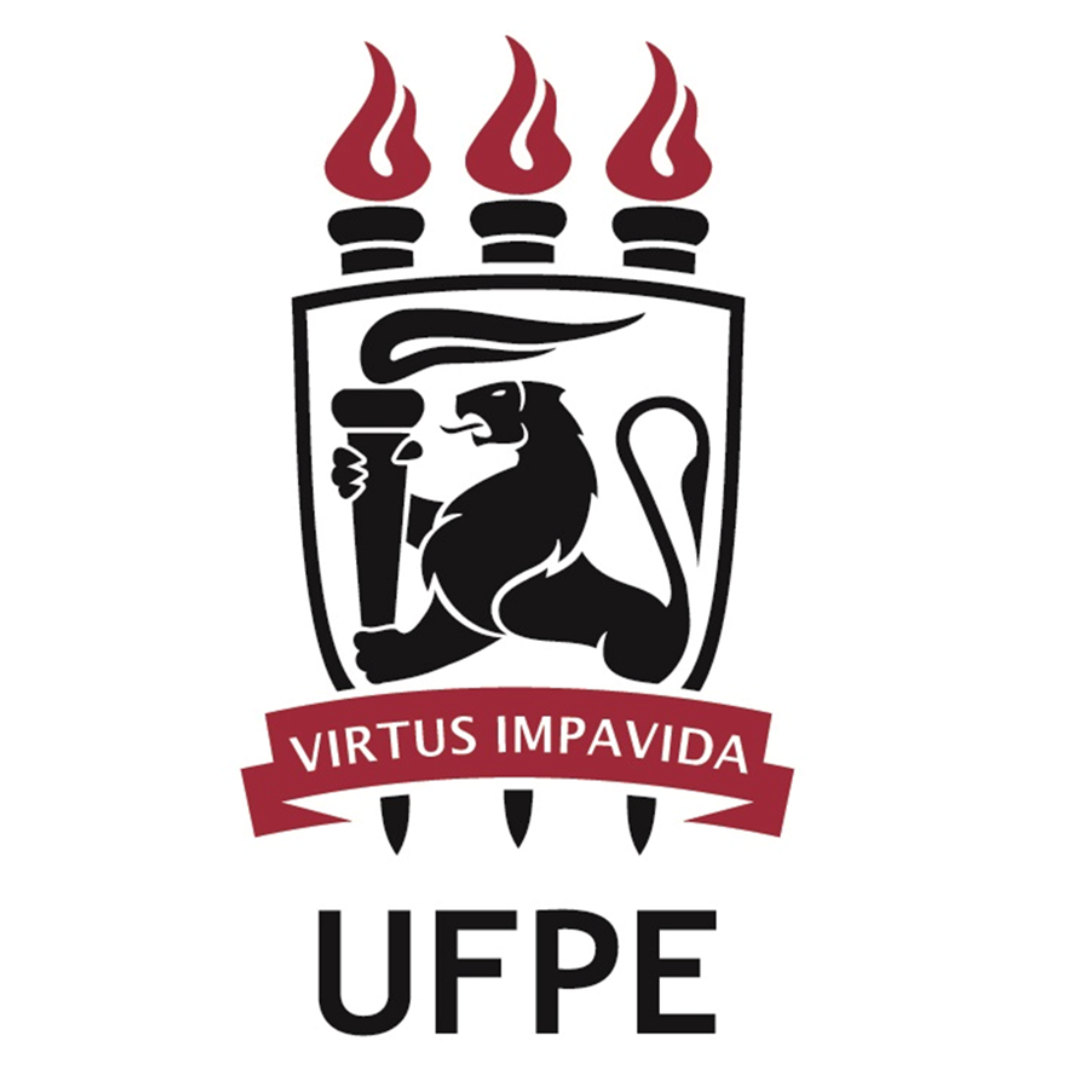
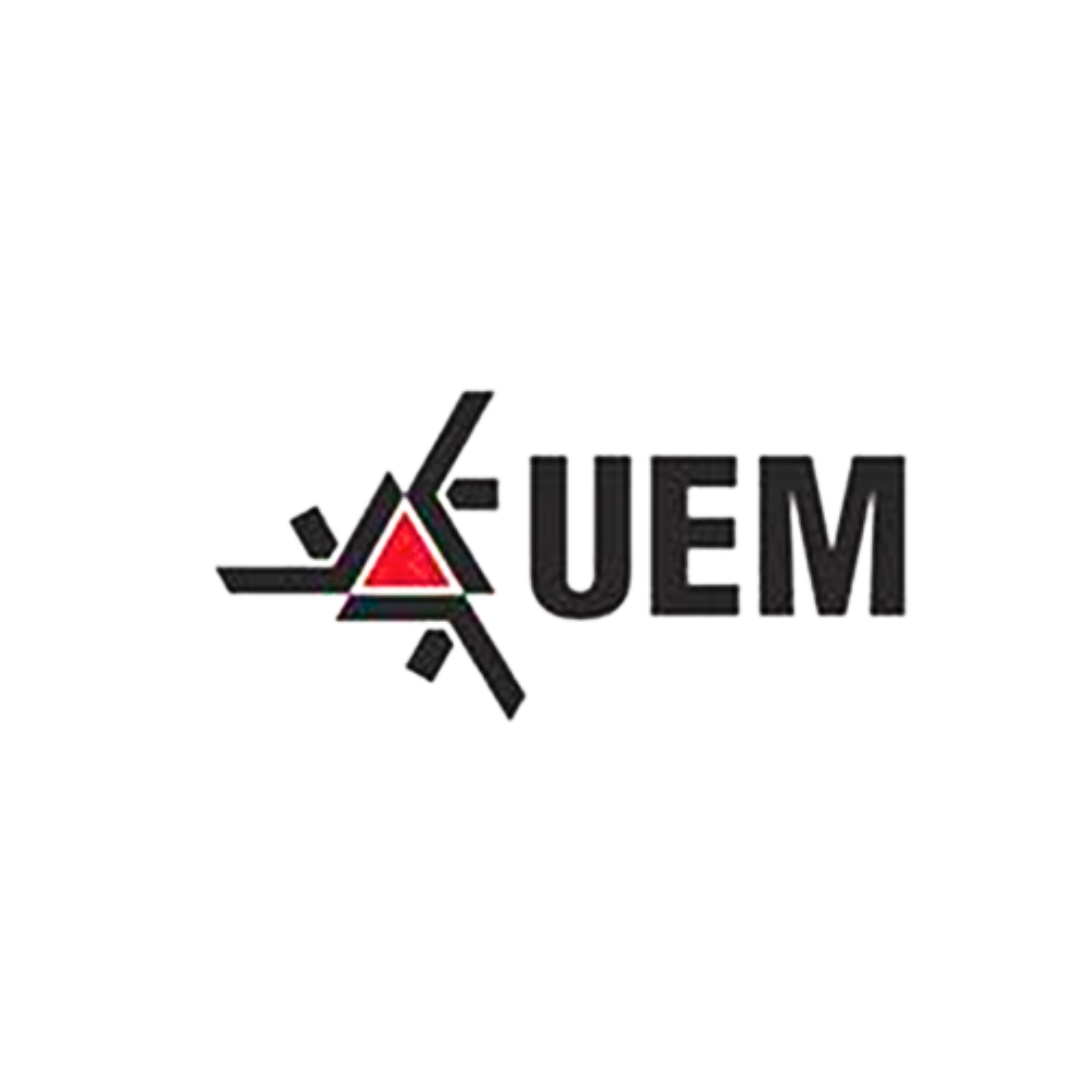
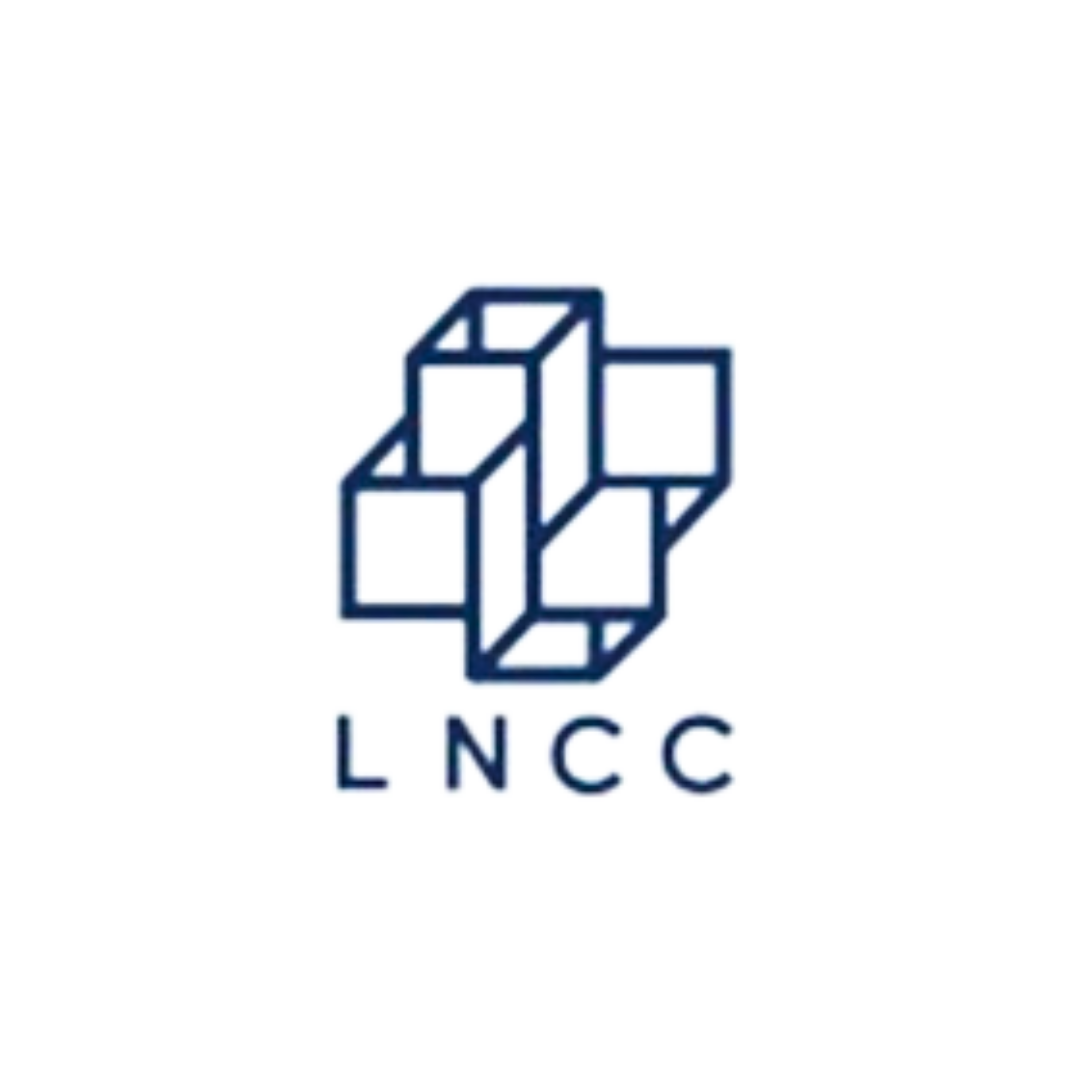

Access our channel!
A channel for students, professors, researchers and professionals who wish to deepen their knowledge in EDP and applied mathematics.

